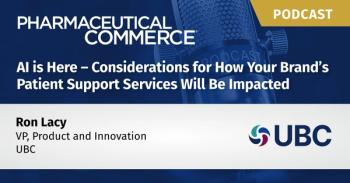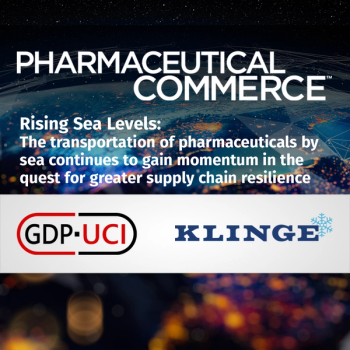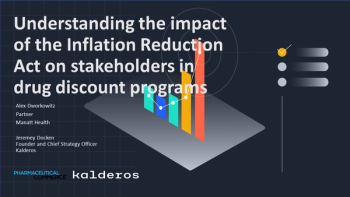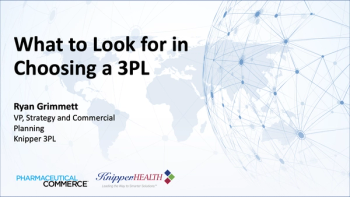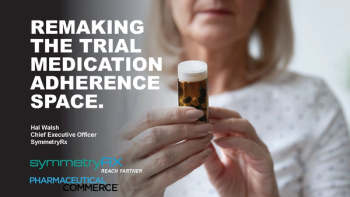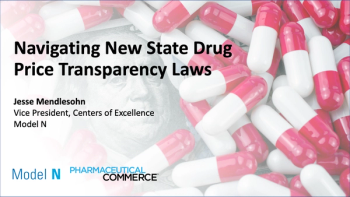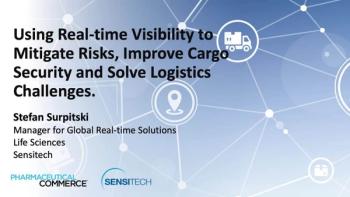
Advances in the life sciences are driving a significant increase in the number of temperature-sensitive pharmaceuticals. The packaging industry is meeting the moment with advances of its own, including high-performance, environmentally-friendly materials that allow life science companies meet stringent thermal requirements and ambitious CO2e reduction goals. In this episode, TemperPack’s CEO Peter Wells shares insights from working with life sciences to move to certified biobased, home compostable, and curbside recyclable shipping solutions.



